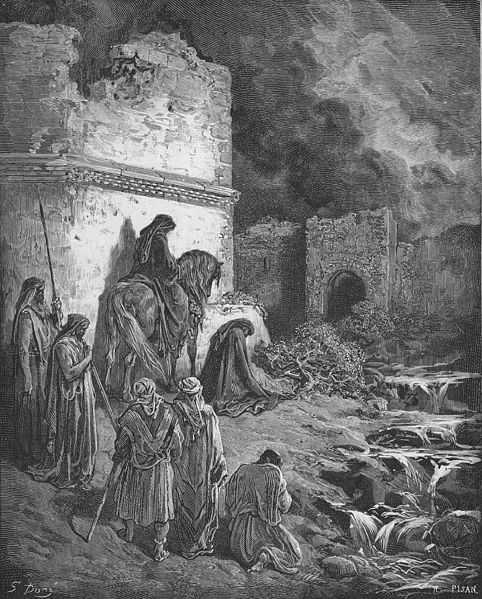
“I just don’t know why you can’t have it both ways. You know, give unbridled effort in your defense but be conscientious about your work. Try for the best outcome.”
“The best outcome for who? Your client? Society? Or for yourself? Your responsibility is to your client and the law, Bullocks. That’s it.”
I gave her a long stare before continuing.
“Don’t go growing a conscience on me,” I said. “I’ve been down that road. It doesn’t lead you to anything good.”
I’ve said before that, although I’m a big fan of Michael Connelly, I’m not a big Mickey Haller fan. Mickey, Connelly’s street-smart defense lawyer hero, is just a little shady. His aspirations are mostly monetary, or so he believes – though in the crunch he tends to learn he’s not quite the scoundrel he fancies himself.
I consider it a tribute to author Connelly’s storytelling skill that I found myself generally irritated with Mickey all the way to the end of The Fifth Witness, where a sudden reversal won me over completely.
When the story begins, Mickey has diverted his legal practice to a field currently more lucrative than criminal defense. That’s contesting mortgage foreclosures. Among his new clients, the most annoying is Lisa Trammel, who has turned her personal property fight into a crusade, and has started a protest movement. She’s pushy and entitled, and Mickey doesn’t like her at all.
But when Lisa is arrested for the murder (with a hammer) of a bank officer she’s been blaming for her troubles, she calls on Mickey to defend her. Sure, there’s blood DNA evidence to link her to the crime, but how did five foot three Lisa kill a man well over six feet tall with a hammer blow to the very top of his skull? And who sent thugs to beat Mickey up?
As he works through the evidence, Mickey begins to suspect he may actually be defending an innocent woman – something that troubles him more than an assumption of guilt would.
Very well done. Michael Connelly played on my emotions like a master all the way through.
Cautions for the usual, but nothing major by contemporary standards.







